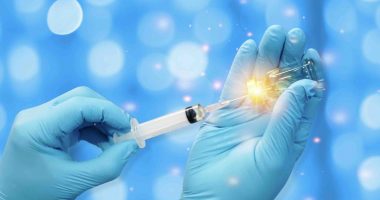- Amplia Therapeutics (ATX) has received new data on its treatment for pancreatic cancer in an animal model
- Recent experiments by the company in collaboration with the Garvan Institute of Medical Research showed mice which received doses of Amplia’s AMP945 in conjunction with the standard therapy treatment, gemcitabine and Abraxane, had an increased survival rate of 27 per cent
- Amplia is now using recently raised funds for a range of essential activities required to initiate a Phase 2 clinical trial in pancreatic cancer patients towards the end of this year
- Company shares are trading up 46.3 per cent at 30 cents
Amplia Therapeutics (ATX) has received new data on pancreatic cancer survival rates in an animal model.
The data from Amplia’s collaboration with the Garvan Institute of Medical Research has shown its focal adhesion kinase inhibitor, AMP945, is able to improve the anticancer activity in an animal model of aggressive pancreatic cancer when combined with gemcitabine and Abraxane.
The combination of Gemcitabine and Abraxane is a first-line treatment for patients with pancreatic cancer. New data from an animal model has now shown that by adding intermittent doses of Amplia’s treatment to this standard therapy, survival rates can be increased by up to 27 per cent.
This follows previous work from Amplia that demonstrated AMP945 can enhance the activity of chemotherapy by increasing cell death and reducing cancer cell proliferation.
In the recent experiment, pancreatic tumour tissue was grown under the skin of mice. Once the tumours were established, AMP945 was orally administered to the animals in between their doses of gemcitabine and Abraxane, making the tumours more susceptible to the effects of chemotherapy.
The median survival time for untreated mice was 18 days, while the mice who received a combination of AMP945 with gemcitabine and Abraxane had an average survival time of 28 days.
“The pancreatic cancer cells used in this experiment are extremely aggressive, so showing any beneficial effect on survival is very encouraging,” Garvan Institute of Medical Research Professor Paul Timpson said.
“A 25 per cent improvement in survival in this model is very impressive and a level of improvement that we rarely see.”
Amplia is now using recently raised funds for a range of essential activities required to initiate a Phase 2 clinical trial in pancreatic cancer patients towards the end of this year.
Company shares were trading up 46.3 per cent at 30 cents apiece at 10.40am AEST.







